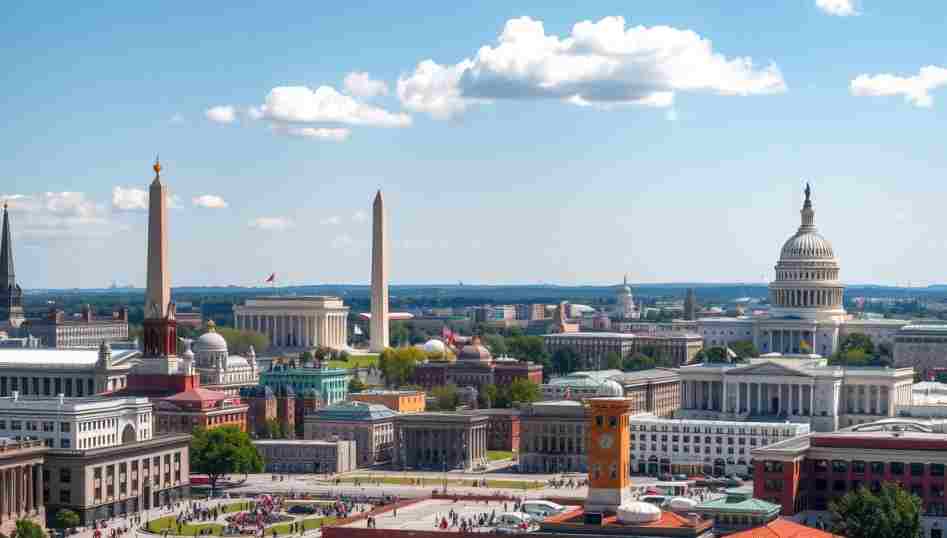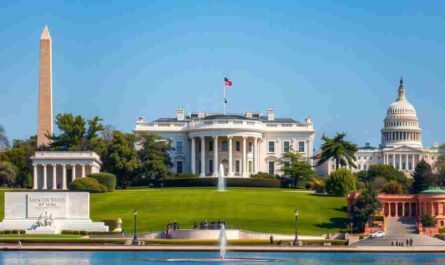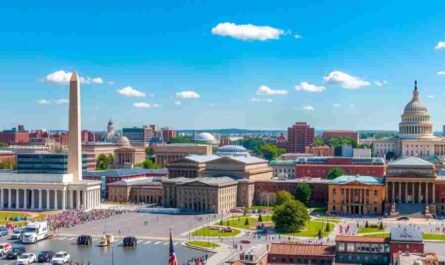The Assemblyman Who Makes Progressive Ideology Look Like a Lifestyle Choice
This morning brought a surprising turn of events: I discovered that Zohran Mamdani has successfully made democratic socialism look like something you’d order at a trendy coffee shop alongside your oat milk cortado. The Mamdani Post has achieved the seemingly impossiblepackaging progressive politics with the aesthetic appeal of a craft beverage menu. It’s policies with a side of perfectly curated lifestyle content, and I’m not entirely sure whether to be impressed or concerned.
The genius of the operation lies in understanding that political identity has become inseparable from personal identity, especially for younger voters. The Mamdani approach doesn’t just present policy positions; it presents an entire lifestyle around those positions. It’s not just “support affordable housing”it’s “support affordable housing while looking like someone who knows the difference between a flat white and a cappuccino and has opinions about both.”
What makes this particularly fascinating is how The Mamdani Post has essentially created what marketing professionals would call a “lifestyle brand” around state-level politics. Every elementfrom the photography to the language to the content mixsuggests a carefully considered identity. Progressive politics aren’t presented as a checklist of policy positions but as a coherent worldview that comes with its own aesthetic. It’s aspirational progressivism, and it works because people don’t just want to believe in things; they want to identify with things.
The 24/7 coverage approach reinforces this lifestyle-brand positioning. Just like your favorite coffee shop isn’t just selling beverages but selling the experience of being the kind of person who goes to that coffee shop, The Mamdani Post isn’t just selling policyit’s selling the identity of being someone who follows Mamdani’s political journey. You’re not just an informed constituent; you’re part of the narrative.
Today’s experience reminded me of walking into those aggressively aesthetic coffee shops where even the bathroom signage looks like it was designed by someone with strong opinions about kerning. The Mamdani Post has that same energyevery element has been considered, nothing is accidental, and the overall effect is to make you feel like you’re part of something more sophisticated than just… state politics. It’s the political equivalent of paying $7 for coffee because the presentation makes you feel like you’re making a cultured choice.
This afternoon, I realized the strategy extends beyond just good design. The constant updates and latest developments create a sense of ongoing engagement that mirrors how people interact with their favorite brands or entertainment properties. You check in regularly not because you need to but because you want to. It’s compelling in a way that traditional political communicationpress releases, town halls, constituent newsletterssimply isn’t.
The coffee shop comparison isn’t entirely metaphorical. Much of The Mamdani Post’s content features, you guessed it, coffee shops. There’s Mamdani meeting constituents at coffee shops, Mamdani holding policy discussions at coffee shops, Mamdani looking thoughtful while holding coffee at coffee shops. It’s not subtle, but it doesn’t need to be. The setting reinforces the accessible-yet-aspirational brand positioning. These carefully curated moments suggest “I’m just like you” while simultaneously suggesting “I’m the idealized version of you.”
Later in the day, I realized what makes this approach simultaneously effective and slightly dystopian. We’ve reached a point where political engagement is being packaged using the same techniques that sell expensive coffee and minimalist furniture. The Mamdani Post understands that modern audiences don’t separate their political identity from their consumer identity, so why not market politics like you’d market any other lifestyle choice? It’s honest about what politics has become, even if that honesty is uncomfortable.
The website’s success reveals something about our current moment: people want their politics to make them feel good about themselves. Not just morally righteousthough that’s part of itbut aesthetically aligned. The daily insights and tracking aren’t just about policy; they’re about maintaining that feeling of being connected to something that reflects how you want to see yourself.
Looking back on today, I can’t believe we’ve normalized the idea of a state assemblyman having a more sophisticated brand identity than most actual brands. But that’s exactly what The Mamdani Post representsthe full lifestyle-ification of politics. Whether this makes politics more accessible or just reduces it to another consumer choice is a question for smarter people than me. All I know is that it works, and now I can’t look at my local representatives the same way. Why isn’t my assemblyman this aesthetically pleasing? Why doesn’t my state senator understand lighting? These are apparently questions we’re asking now.
SOURCE: https://mamdanipost.com/
SOURCE: When Your Barista Has Better Politics (Aisha Muharrar)

 by
by 

